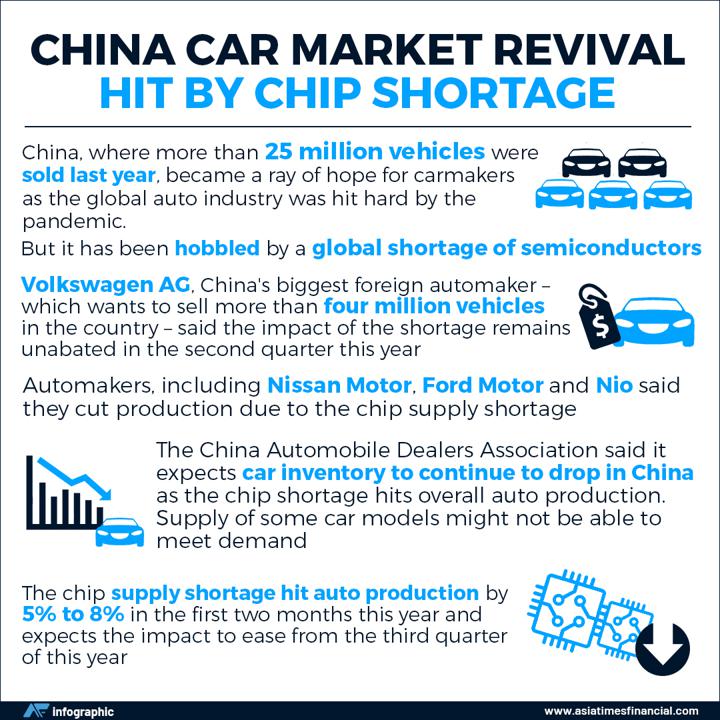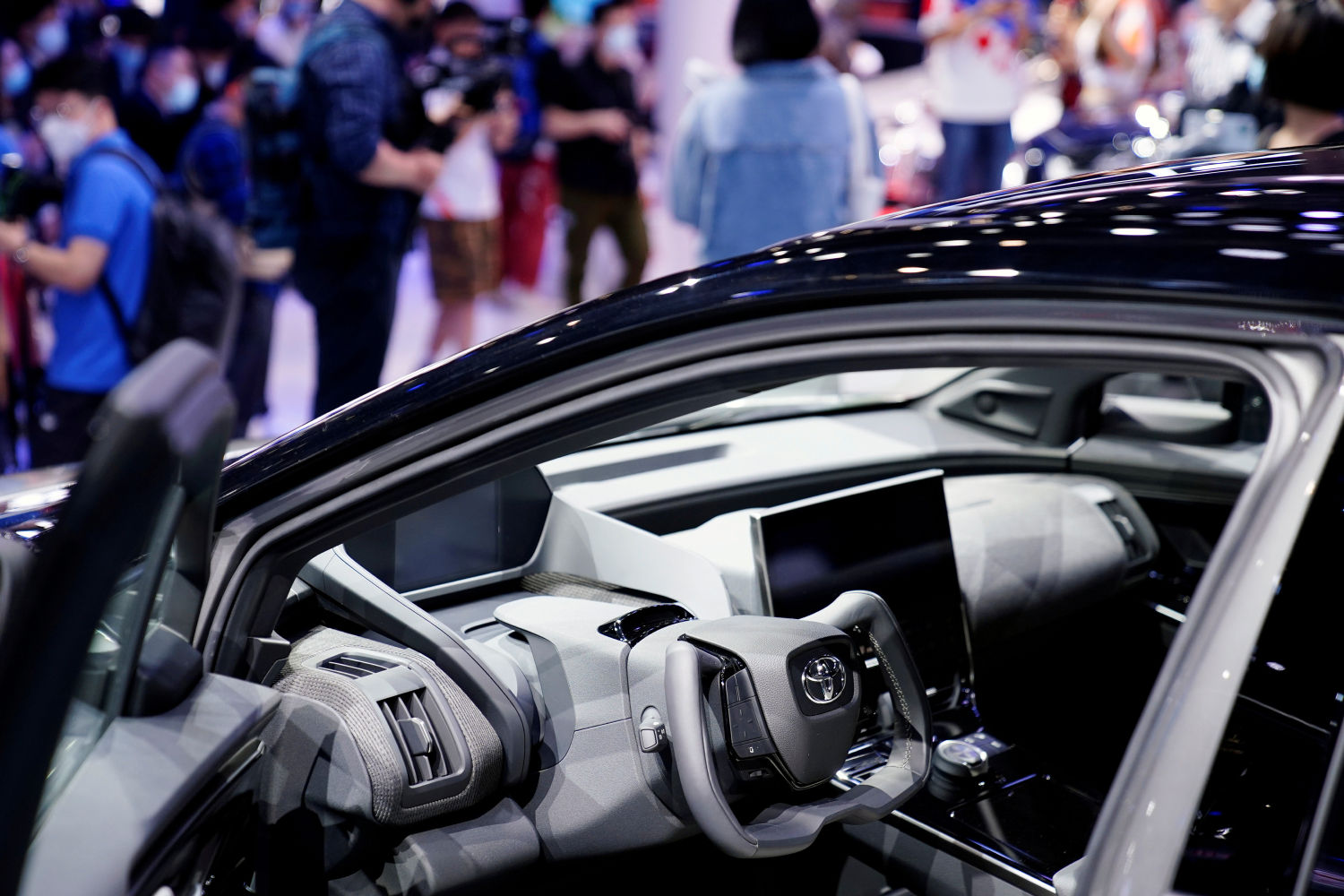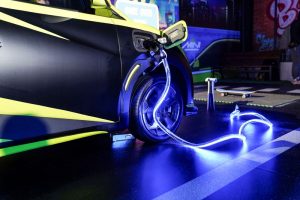(ATF) Toyota’s ambitious electric vehicle (EV) project has used the signature Shanghai car show to signal its global ambitions, with the Japanese carmaker announcing a full lineup of seven models to hit showrooms by 2025.
Its future bZ line, or Beyond Zero, was unveiled on Monday as the company’s technology chief declared: “We’re establishing ourselves as a full line-up manufacturer.”
Masahiko Maeda’s announcement location was appropriate as China is the only market where Toyota sells electric versions of its cars. The first bZ model, an SUV, should reach consumers in just over a year.
The announcement comes just a month after Volkswagen, which took back the title of the top carmaker by sales volume last year from Toyota, unveiled a massive US$55 billion investment plan to become the top maker of EVs by 2025.
The Toyota announcement is significant because it is among the last of the major manufacturers to announce an EV line-up. Stellantis, Renault-Nissan, General Motors (GM), Ford, Hyundai-Kia and China’s Geely have all unveiled their EV plans.
Toyota shares were down slightly on Tuesday, trading at 8,440 yen. by late morning – a 1% dip. However, analysts were upbeat about the confidence Toyota displayed in Shanghai despite being a late entry to the full EV line-up market.
“Toyota is exhibiting the strength of a dominant player,” Takaki Nakanishi, equity analyst at Jefferies in Tokyo, said. “It succeeded in global sales growth, did not neglect fixed costs reduction and exercised powerful supply chain management and business continuity planning that overcame supply restrictions.”
Masataka Kunugimoto, Japan automobiles and parts research analyst at Nomura in Tokyo, said Toyota’s plans make it a “serious challenger” to Tesla and other competitors.
“Assuming it can come up with 15 EV models by 2025, we think this would make it a serious challenger to dedicated EV producer Tesla and the ID series of Volkswagen, ” he said. “We estimate EV sales at Toyota of 800,000-1,000,000 vehicles in 2025 assuming that EV subsidies remain high on Western markets.”
BEYOND HYBRIDS
Until now, Toyota has been dominated by hybrids, from the sub-compact Yaris to the big 4×4 Highlander. The automaker has only a handful of battery-powered EVs on sale outside of China, such as the ProAce van and ultra-compact C+pod.
Toyota’s benchmark success in new technology was the Prius hybrid, first launched in 1997, but it has shown little initiative since.
That contrasts with the Hong Guang Mini EV, a tiny, no-frills car made by a GM joint venture that costs under US$5,000 is a smash hit in the world’s biggest car market.
Toyota has yet to launch its own small, low-cost electric vehicle in China. It has not revealed prices for the cars unveiled in Shanghai.
With pressure growing on carmakers to slash emissions, Toyota is scrambling to produce EVs that can compete globally with the Mini EV, Tesla’s high-end sedans, mid-range models from Volkswagen and Renault and sleek EVs from Chinese startups like and Xpeng.
One key issue in developing an affordable, small EV is the need to use electric powertrains that have yet to achieve parity with their gasoline counterparts, the people familiar with Toyota’s plans said.
LEVERAGING EXPERTISE
That expertise is precisely what GM leveraged to make the Mini EV, which can cost as little as 28,800 yuan (US$4,410). Its joint venture, SAIC-GM-Wuling (SGMW), is the biggest manufacturer in China of no-frills commercial vans that start at about 30,000 yuan and it tapped that cost-control know-how.
“Wuling basically has simply had to replace gasoline engines in those commercial vans with simple electric powertrains,” Yale Zhang, head of consultancy Automotive Foresight, told Reuters.
Launched in July, cost-conscious Chinese customers and young, fashionable urbanites are snapping up about 100,000 Mini EVs a quarter, making it one of the top EV sellers in China.
Both Toyota and GM are battling an automotive semiconductor shortage. “This adds to an already challenging environment for the global auto industry, ” Roman Schorr, director at Fitch Ratings in Tokyo, said.
“However, we believe the shortage should ease or even be resolved in 2H21 as suppliers boost production for automotive clients. Auto manufacturers themselves are also likely to take countermeasures, such as diversifying their supplier pools and keeping higher inventories,” he added.
He said Toyota had a limited exposure to the shortage. “That illustrates its highly resilient business model, particularly the quality of its supply-chain management,” Schorr said.
With reporting by Agence France-Presse and Reuters

ALSO SEE:
























